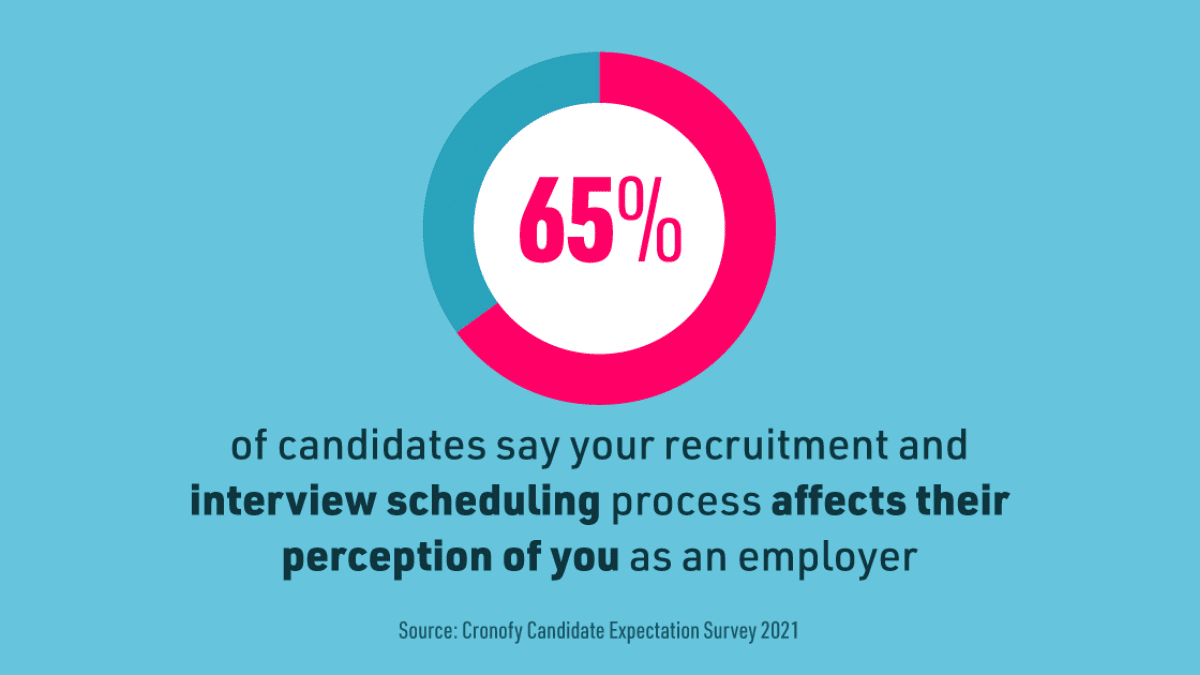
Regular readers of HR Bartender know that I used to work at an airline. And one of my responsibilities was recruitment. So I found it interesting to see an article recently about Delta Airlines having to cancel 100 flights because the airline was struggling with staffing.
It reminded me of a comment that a senior vice president made to me years ago when I was responsible for airline recruitment. “You don’t want to be the reason that a plane doesn’t take off.” Organizations rely heavily on recruitment because they need employees to deliver their products and services. There is a direct connection between being properly staffed and the bottom-line.
And to clarify, this situation with Delta isn’t unique. I’ve seen articles about labor shortages in restaurants, hospitality, manufacturing facilities, etc. I’m sure you’ve seen them too. It emphasizes the fact that organizations cannot afford to take a ‘wait and see’ approach when it comes to recruitment and economic recovery. They need to put their plans in place now, so they can attract the best talent for the business.
It also means organizations need to have a recruitment process that applicants and candidates want to be a part of. The labor market is quickly shifting toward the candidate – if it’s not there already – and organizations need to understand candidate expectations, particularly for senior roles or industries where talent is scarcer.
What Do Candidates Expect
Our friends at Cronofy recently published their 2021 Candidate Expectations Survey and I thought the results were fascinating. Almost 50% of applicants said that responsiveness is the number one priority in hiring. This wasn’t a surprise to me (and it shouldn’t be to you either).
I’ve mentioned before that the number one comment that I get from readers is about recruiter responsiveness. Specifically, that recruiters don’t follow-up with candidates. That lack of responsiveness – especially when it comes to scheduling interviews – has an impact on the organization’s brand and the company’s ability to hire the best talent. The survey backed this up by sharing that 51% of candidates have left (maybe a better word is ghosted?) a recruitment process because they were frustrated with the time it took to schedule an interview.
Some of you might be saying to yourself, “Well, what do candidates expect? What’s a reasonable response time?” It’s a valid question. According to the Cronofy survey, most candidates (40%) expect their wait to be between 2-6 days between applying and scheduling the interview. That’s less than a week. Many more expected an interview within 24 hours. And it’s great that we now have actual data that we can use to understand that.
I know HR departments and hiring managers are busy, but this is good data to share within your organization. Maybe during the recruiting strategy meeting (aka the intake interview), take time to talk about the recruitment timetable. I’m not saying that a week is absolutely necessary. You have to do what works for your organization. However, recruiters and hiring managers should also discuss the consequences of not meeting a candidate’s expectations.
Another data point worth noting: After a week, 35% of applicants have a negative impression of the organization because it took so long to schedule an interview. After two weeks, 61% would disengage with the organization. This data is consistent across ages, genders, and positions. Don’t forget that famous case study about Virgin Media and how a bad candidate experience cost the company $5M annually.
The good news is that organizations can put some of a candidate’s expectations around responsiveness into their own hands. Technology can help time-strapped recruiters to deliver the recruitment experience which feels and is representative of working for your company. Cronofy Scheduler is just one example of this, it allows organizations to invite candidates to an interview using all the required people’s availability. Once the invite is sent, the candidate can choose the date and time that works for them. This allows the organization to actually eliminate tons of back-and-forth. The interview scheduling process – which is often the most difficult for both recruiter and candidate – happens much faster. It feels less chaotic and reduces recruitment administration and time to hire. Crucially though – it’s something that can massively impact perceptions of your employer brand if it’s done badly. Done well, it’s an efficient and less stressful experience for all parties. Done badly, and candidates are taking away a negative perception of what it is like to work for your company.

It’s also an activity that candidates are willing to be a part of. Over 50% of applicants prefer scheduling an interview using technology such as email, text, and/or social media. Being able to empower candidates to choose the time that suits them best is a huge step forward and there’s evidence that it reduces no shows, something we know 90% of companies experience. Who wants to feel shoehorned into a time that doesn’t really work for them? That doesn’t make someone feel valued or important. It’s also a part of the process which candidates don’t need to be privy to – the challenge of coordinating two or more hiring managers’ calendars is all too often relayed over the phone. That doesn’t add value to the hiring experience. All it communicates is that the place is really busy, they have a lot of meetings, possibly that they don’t prioritize hiring. It should be and can be seamless.
Responsiveness Wins with Candidates
Recruitment is a hot topic right now – and it should be! Organizations have to start taking a proactive approach to finding and engaging applicants and candidates. There are many things impacting hiring post-pandemic but what’s clear is that, in this more competitive landscape, the experience matters, if possible, even more than before! People will only move if they’re sure they will be valued, and the changes that have happened recently mean that investing in your hiring process to improve your employer brand is a no-brainer. 48% of candidates would be less likely to recommend or engage with an employer in the future, based on frustrating interview scheduling experience, rising to 64% with more senior roles. That means understanding what frustrates candidates and being in a position to mitigate those frustrations. It only makes sense – candidates who are frustrated with an organization won’t want to work for them.
[“source=humanresourcestoday”]



